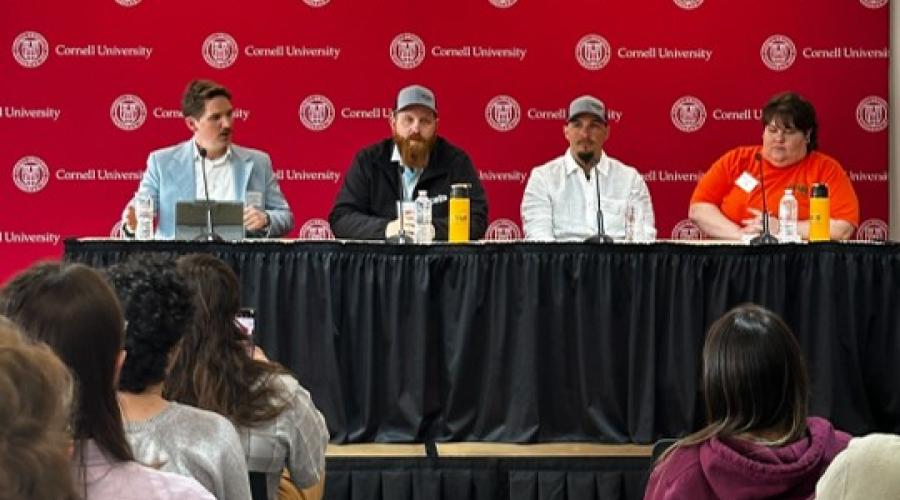
Climate Jobs Institute Unveils Exploratory Study on New York Solar Industry
On April 26th, the Climate Jobs Institute released “Exploring the Conditions of the New York Solar Workforce,” a two-year exploratory study of working conditions in the solar industry.
This report is a pioneering and groundbreaking effort, the first of its kind, to examine the solar industry and its worksites from workers’ perspectives. Unlike much of the existing research on the solar workforce, which is based on what is known about adjacent industries or draws on employer-side data, this report offers a unique and fresh look at several previously unstudied issues facing solar workers in New York State.
Among the report's pivotal findings are evidence about the transience of the solar workforce, both within and outside of New York State. This underscores the crucial need for future research on job numbers, employment, and job quality beyond the currently available data. CJI Research support specialist and report co-author Jillian Morley also noted that “given that the majority of our sample respondents reported that they did not have access to any benefits, future research should explore avenues for expanding benefit access for the kinds of transient, multi-employer workforces powering the energy transition.” This study also unearthed several significant racial disparities in categories such as pay, benefits, and retention, which illuminates a path forward for addressing inequities in the solar workforce. Finally, the report has underscored stimulant use as a potentially major issue in these worksites.
“It is essential to make sure that these jobs are not the kind of low-wage, low-quality employment that can exacerbate inequality,” said Avalon Hoek Spaans, assistant director of research at CJI. “Workers’ perspectives are integral to the creation of public policy and programs that protect and uplift the working class of both New York state and the country, and will help ensure that the climate transition is just and equitable.”
To access the report, click here.
